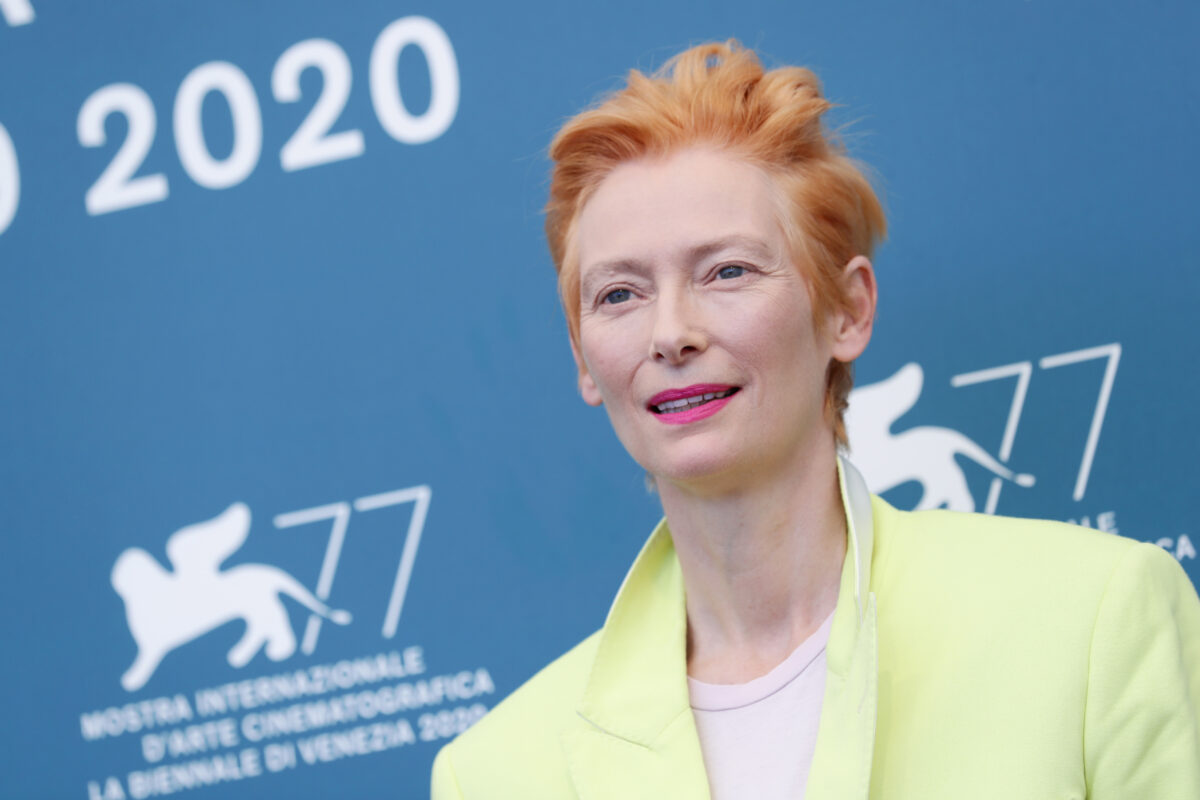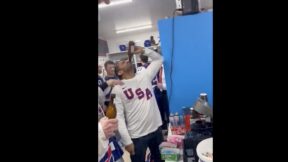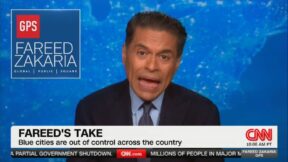Tilda Swinton Calls Doctor Strange Whitewashing Controversy a ‘Hot, Sticky, Gnarly Moment’

Vittorio Zunino Celotto/Getty Images
Tilda Swinton is opening up about the whitewashing controversy surrounding her role of The Ancient One in Marvel’s 2016 film Doctor Strange – a role portrayed by an elderly Tibetan man in the original comics.
Swinton’s casting caused backlash at the time of the film’s release, with many critics saying an actor of Asian descent should have played her part.
At the time, Marvel released a statement noting that “the Ancient One is a title that is not exclusively held by any one character, but rather a moniker passed down through time, and in this particular film the embodiment is Celtic.”
In a new Variety cover story, Swinton called the controversy a “hot, sticky, gnarly moment” that was ultimately necessary for moving forward the conversation about representative casting.
“I remember at the time having a question mark in my own mind, and being attendant to the public response to the idea that a Scottish woman will be playing this character, and being aware that there was no resistance at all — there was widespread welcome — which shifted at a certain point, for very good reasons with which I had an enormous amount of sympathy,” she told the publication.
Swinton went on to say the criticism behind her casting grew “righteously,” adding she was grateful that the public had a chance to weigh in on the situation. “The audience feels ever more empowered to contribute to the narrative and to feel heard within the narrative, and that’s a really healthy social development.”
In 2016, however, Swinton caught more backlash for privately reaching out to comedian Margaret Cho, who is of Korean descent, to get her insight into the casting debate. Swinton had never met Cho, who later said she was offended at being asked to explain “whitewashing” on behalf of all Asian Americans to someone she didn’t know.
“I made a questionable decision to reach out to somebody in a certain way, which was naive and clearly confusing, because their misunderstanding came about because of it,” Swinton told Variety while reflecting on her interaction with Cho.
She added, “I was embarrassed that I had maybe gone up a blind alley in starting the correspondence in the first place — maybe I had confused matters — but beyond that, I have zero regrets.”
Still, Swinton believes the whitewashing controversy was ultimately necessary for the industry to move forward. “The way in which people get listened to is by speaking up and getting hot. And sometimes, it needs to get messy.”
New: The Mediaite One-Sheet "Newsletter of Newsletters"
Your daily summary and analysis of what the many, many media newsletters are saying and reporting. Subscribe now!






Comments
↓ Scroll down for comments ↓